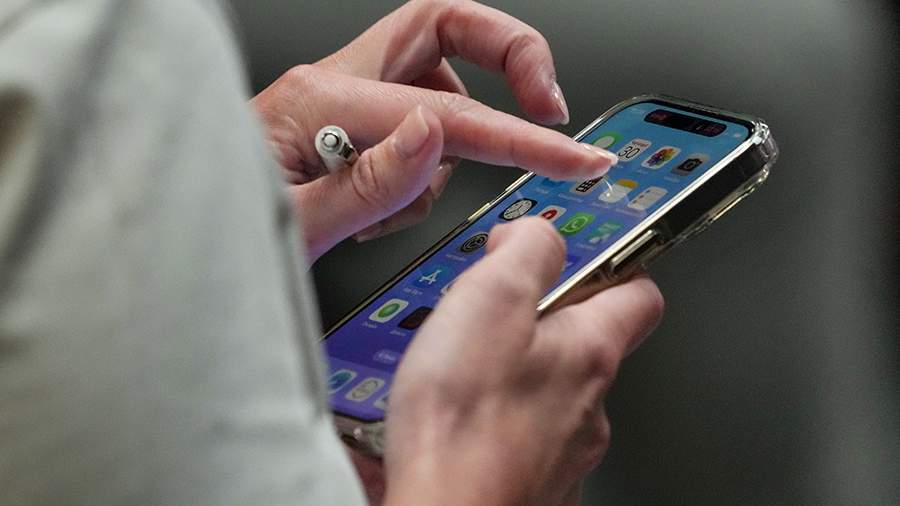Expert named two signs of spyware on a smartphone

Alexander Vurasko, the development director of the external digital threat monitoring service, spoke about the signs that can be used to determine if a smartphone is infected with a Trojan spyware program.
In a conversation with aif.ru on Thursday, January 23, the expert noted that if the phone starts receiving incomprehensible codes to confirm operations, it indicates the work of a virus. It is important to remember that malicious programs can often hide such messages from the owner of the phone. In addition, if a smartphone is infected, programs may begin to open without user input.
According to Vurasko, two types of Trojans are now most common: remote administration Trojans, which allow attackers to gain virtually full access to a victim's phone, and Trojans that steal sensitive information. Such programs are stealthy and self-destruct after performing their tasks, writes NSN.
The expert emphasized that it is best to prevent the malware from getting on the phone. In the case of a call from a supposedly bank specialist, you can not download and install applications on the phone at his request.
Roskachevo specialists reported that a hacked smartphone can turn on the camera or microphone without the user's knowledge. Also during calls can sometimes appear extraneous noise.
On January 18, analyst Elena Maksimova told RT that uncharacteristically high consumption of mobile traffic may indicate that the gadget has been hacked. She also said that unexpected receipt of strange messages or calls from unknown numbers should alert you. Unscheduled updates or new applications that appeared by themselves may also indicate a hack.
On January 16, IT specialist Yaroslav Istomin named ways to recognize password stealing bots. According to him, bots designed to steal passwords during two-factor authentication call from unofficial numbers. According to him, such bots can be recognized by speech peculiarities or inappropriate pauses.
January 15 Pravda.Ru, citing experts, wrote that one of the most important signals of device tracking is a rapidly discharging battery and overheating of the gadget. Unusual SMS messages may also arrive.
On January 2, expert Alexander Bleznekov gave advice on data protection after clicking on a malicious link. The easiest way to reduce the risks is to disconnect the device from the network immediately after clicking on the sent link. Also, you should not click on interactive elements on the opened site and enter any of your data, especially authorization via messengers. In addition, you should change passwords in the most important services and applications, reports IA Regnum.
In December, Life.ru wrote that if the smartphone arbitrarily turns on the camera or microphone, it indicates surveillance. Suspicious activity is also the appearance of screenshots or videos that the person did not make.
In September, Anton Nemkin, a member of the State Duma Committee on Information Policy, named three signs of a virus-infected application on the phone. According to him, malicious programs (viruses, Trojans, spyware) are often disguised as harmless programs, such as games or utilities, notes 360.ru. Their main purpose is to gain access to the user's personal data. Dangerous applications also include programs that request access to phone functions that are not necessary for normal operation. The third category of dangerous applications is fake applications that imitate popular services or programs. They are used by attackers to steal personal information of users, so it is important to check the source of downloads and do not follow dubious links.
Переведено сервисом «Яндекс Переводчик»

